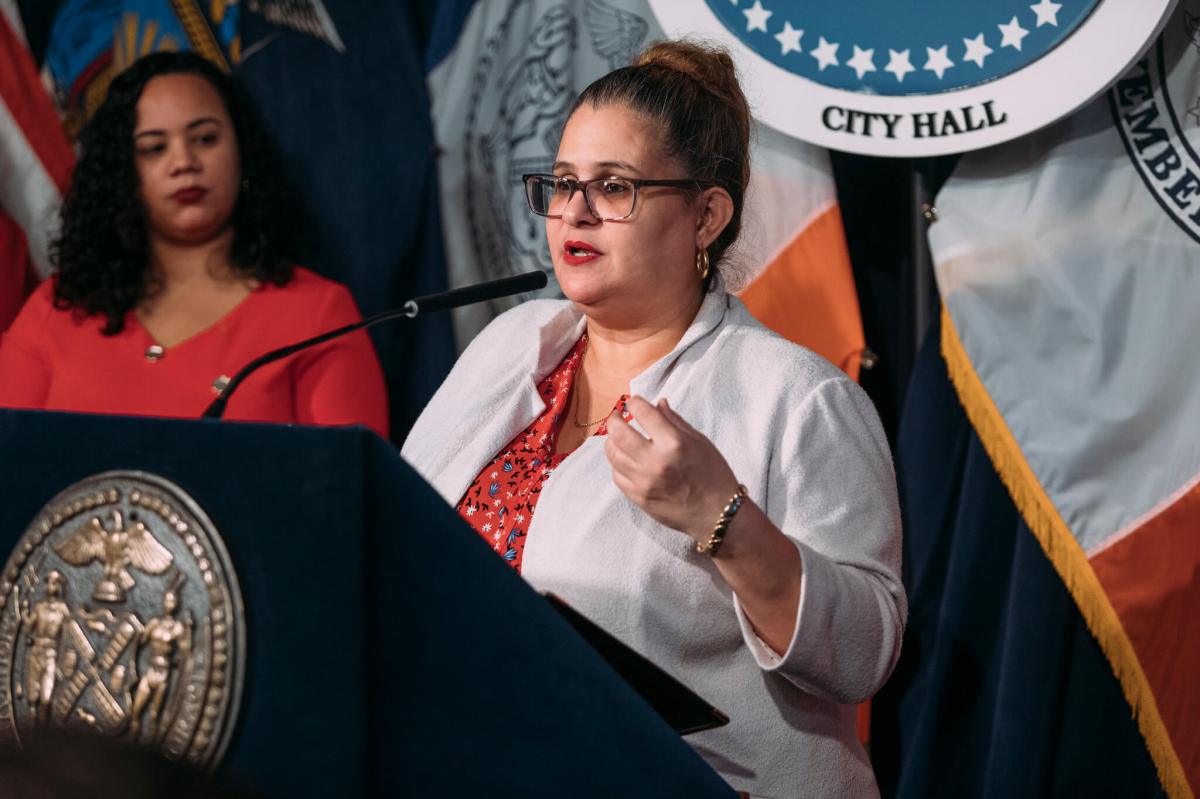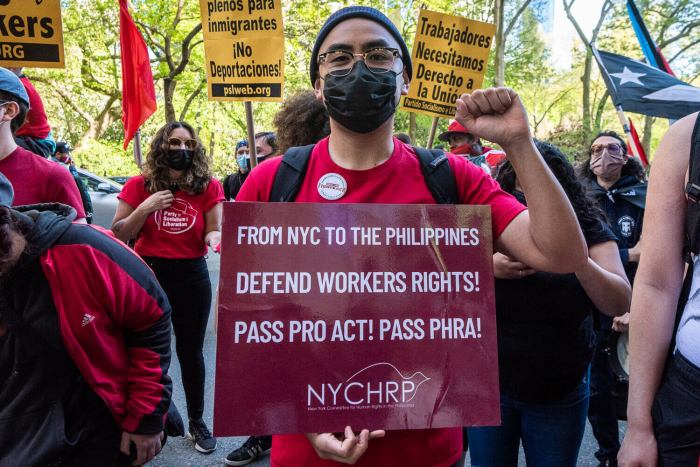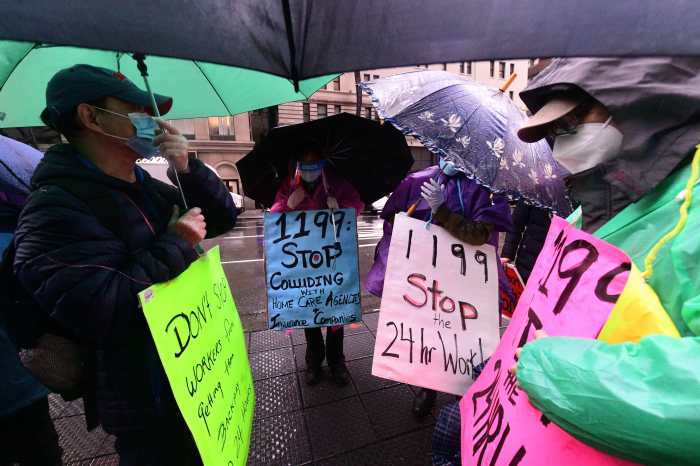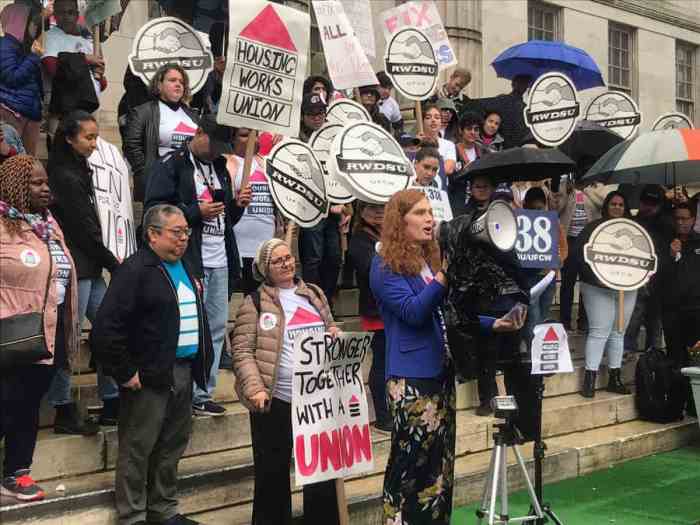Communities across New York City rely on non-profit organizations to provide the essential services that keep us healthy, connected, and safe. From after-school, literacy, arts and cultural programs, to community gardens, domestic violence shelters, food pantries, foster care agencies, senior centers, and mental health services, these workers fill gaps left behind by city agencies to support the most vulnerable members of our city. Despite the critical work they provide, these non-profit workers, the majority of whom are women of color, are undervalued and underpaid. In light of recent labor deals with city workers’ labor unions, it’s time the Adams Administration step up for the non-profit workforce and give them the long overdue pay adjustment they deserve.
Throughout the COVID-19 pandemic and other periods of emergency, non-profit workers have been on the frontlines, providing essential support throughout our communities. Over the past year, our city’s dependency on non-profits has grown as a result of staffing challenges at city agencies, which has left the city ill-equipped to help New Yorkers. Despite the lack of formal contracts with the city, an astounding 96% of non-profit organizations are also providing direct assistance to people seeking asylum. It is high time that these dedicated workers received the recognition and compensation they deserve.
The non-profit workforce consists of over 125,000 individuals, of which 75% are people of color and 70% are women. Shockingly, 60% of workers rely on government assistance to make ends meet because of their low wages. This is simply unacceptable.
Many non-profit contracted workers earn significantly less than their counterparts working in government and the private sector. This wage disparity is not only unfair, but it undermines the stability and effectiveness of the non-profit sector as a whole. The stagnant compensation facing the non-profit workforce makes it difficult to recruit and retain qualified staff. The lack of pay parity contributes to high turnover rates, which disrupts services and hurts the communities that non-profits serve.
We cannot expect these workers to continue to provide essential services while they struggle to make a living themselves. Given the demographic of the non-profit workforce, a pay increase would help move the city towards the goal of closing the gender and racial pay gaps. Additionally, living wages for non-profit workers would help boost the local economy, as this workforce spends their wages at local businesses.
Years of disinvestment have led us to this moment, and now we’re experiencing the effects of an overburdened and shrinking workforce. Yet, all is not lost. There are steps the city can take, starting with providing non-profit workers with wage adjustments. In the past, non-profit contracted workers received pay increases that paralleled those given to municipal union labor agreements. Unfortunately, this practice was discontinued, leaving non-profit workers without equitable wage increases. The Administration must reinstate this practice and extend multi-year pay increases to the non-profit contracted workforce. This is not only a matter of economic justice, but of racial and gender justice as well.
The wage adjustment would ensure that compensation for non-profit workers keep pace with inflation. In turn, these dignified wages would help to attract and retain talented staff. To help secure the sector, a 6.5% increase is needed for the next fiscal year (FY), followed by a 5.5% increase in FY 2025 and a 4.25% increase in FY 2026. These increases would bring wage growth in line with the 16.25% provided to the bulk of municipal workers.
As a city that depends on the valuable labor of non-profit workers, it is imperative that we fairly compensate these workers so they can remain in their homes and serve the city they love.
Non-profit workers are the backbone of our communities, providing crucial services day-in and day-out. We urge the Administration to commit to a multi-year wage increase plan that mirrors the contract deals reached with other sectors. Investing in the non-profit sector is an investment into all New Yorkers. With these adjustments, we can strengthen the foundations of our society and strengthen the well-being of all our communities across the city.
Diana Ayala is deputy speaker of the New York City Council and Eileen Torres is executive director of BronxWorks.

































